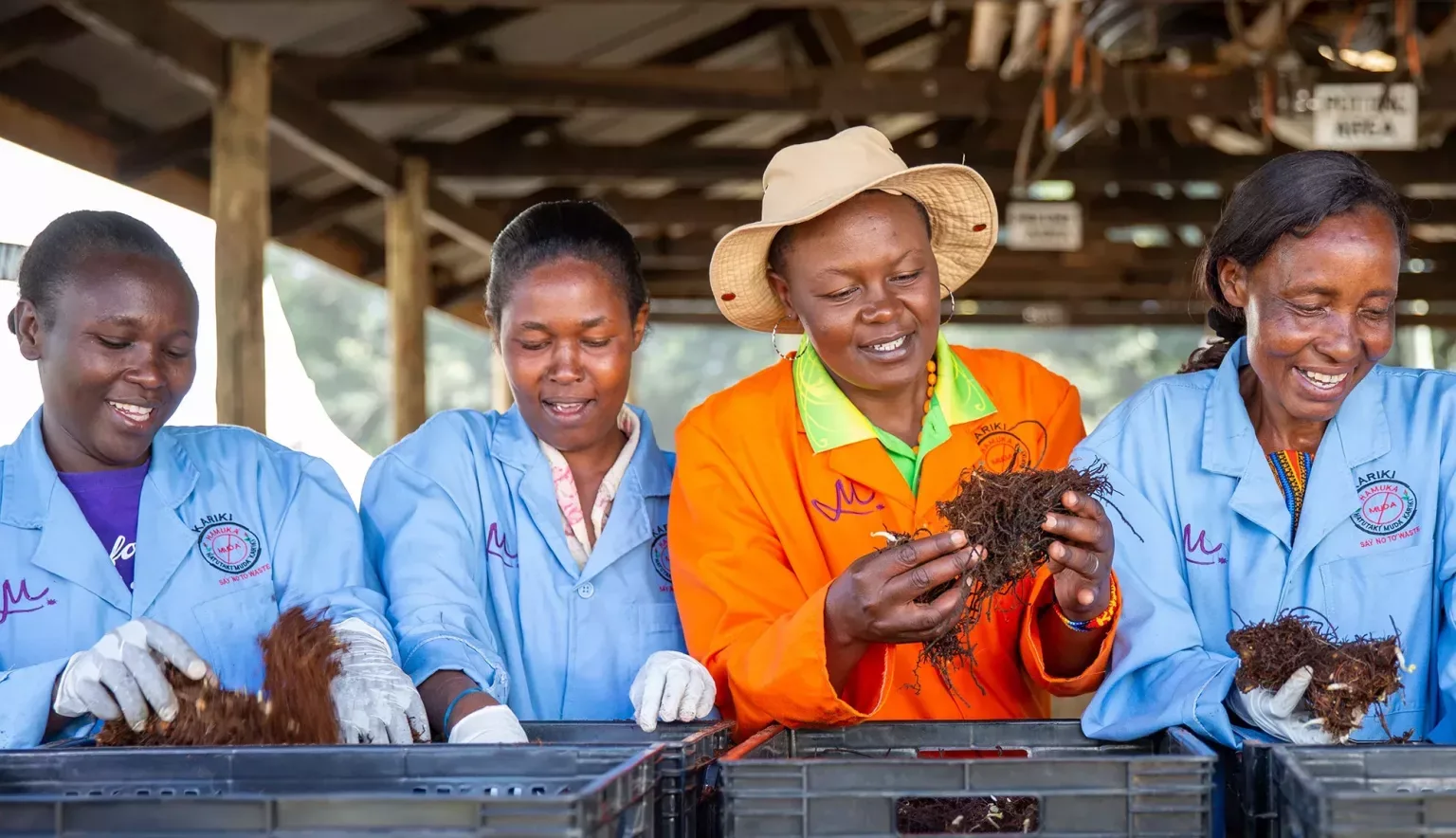A major industrial force, Kenya feeds the world’s supply of fresh flowers. We delve into the auspicious growth of this vibrant sector.
INTRODUCTION
On the global floriculture stage, Kenya stands as a world leader. The country is the lead exporter of rose cut flowers to the European Union (EU) and provides fresh cut flowers to over 60 countries across the world.
As one of Kenya’s vital industries, the floriculture sector directly impacts the livelihoods of over two million Kenyans, employing over 200,000 people. Production is centred around the Great Rift Valley, in Lake Naivasha, Mount Kenya, and also Nairobi, extending into the country’s eastern regions.
Roses, carnations and Alstromeria are some of the iconic staples of Kenya’s flower supply, alongside a host of other colourful varieties that are stocked and sold in supermarkets around the world.
The combination of a favourable climate, robust infrastructure and strength in human resources continues to propel the sector’s growth. Indeed, in recent years the industry has grown rapidly to become the country’s top performing sector, after remittance, tourism and tea.
This growth largely results from the sector’s prominent stance on incorporating ethically and environmentally responsible standards, particularly in terms of workers’ welfare and the conservation of natural resources, which have improved significantly. It has also been fuelled by innovation in the utilisation of technologies such as drip irrigation, fertigation systems, greenhouse ventilation systems and fertiliser recycling processes to name just a few.
Despite this promising trajectory, the industry must confront challenges including a strict taxation regime, limited freight capacity, and stringent plant health regulations enforced by the EU.
Nevertheless, the future is optimistic with the possibility of sea freight opening new doors in terms of increasing capacity. Indeed, the sector is geared for anticipated growth of five percent every year over the next five years.
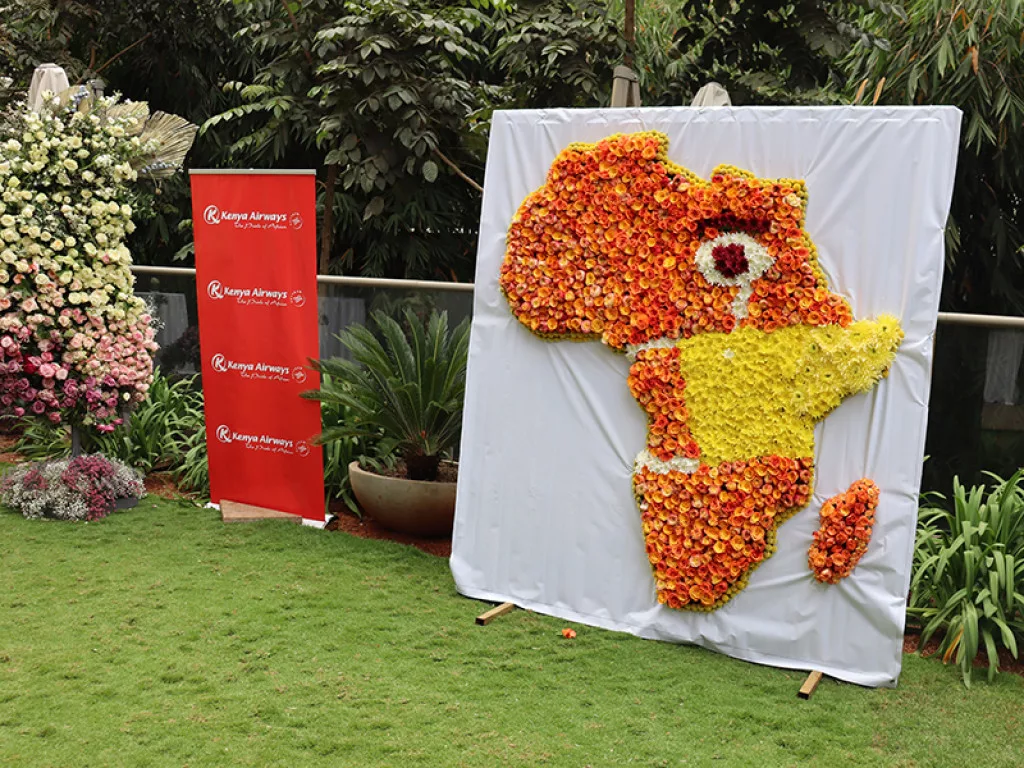
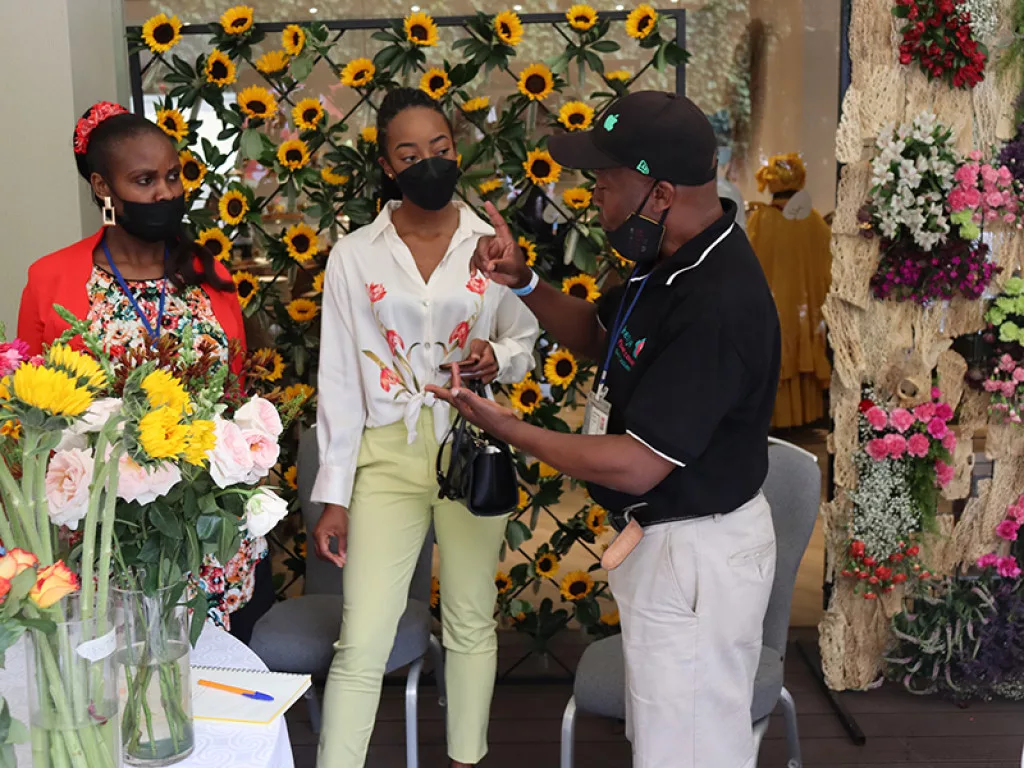
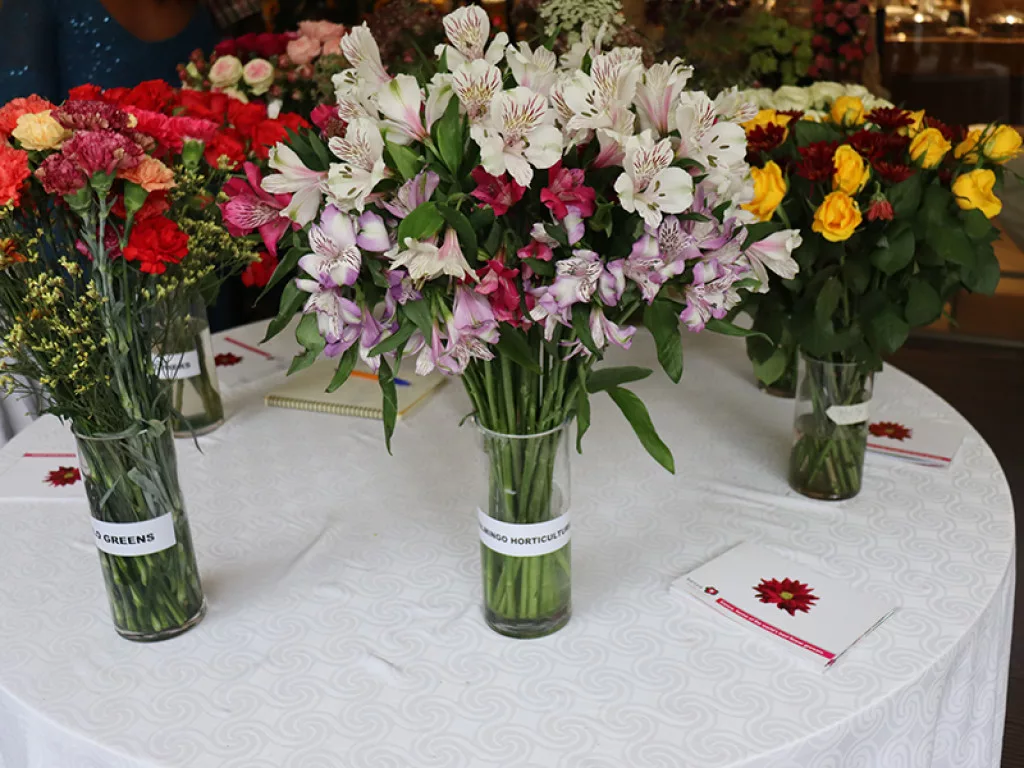
Q&A WITH CLEMENT TULEZI, CEO, THE KENYA FLOWER COUNCIL (KFC)
As the sole voice engaging all the relevant players behind Kenya’s floriculture industry, the Kenya Flower Council continues to support a flourishing sector. CEO Clement Tulezi tells us more
As a voluntary association assembling independent growers, exporters and service providers in the realm of cut flowers and ornamentals, the Kenya Flower Council has been in operation since 1996. Championing responsible and safe production across the country, with an emphasis on environmental sustainability and workers’ welfare, we explore the Council’s mission and ambition with CEO, Clement Tulezi.
Can you talk us through the origins of the Kenya Flower Council, how it came about, and its initial vision?
Clement Tulezi, CEO (CT): The KFC has been in existence for 26 years. The council was born from a necessity, as the floriculture and flowers and ornamentals sector began to grow very fast in the 1990s. It had started as a very small sector back in the 1980s, when the bulk of investors were people from the Netherlands and the UK. In the 1990s, it took a steep trajectory upwards.
From the perspective of investors, the country needed an institution that would represent them. Initially, all the institutions that were handling fresh produce in Kenya were united under one umbrella, with one institution handling everything from flowers to fruit and vegetables. But out of all of this, fresh cut flowers and ornamentals was growing the quickest.
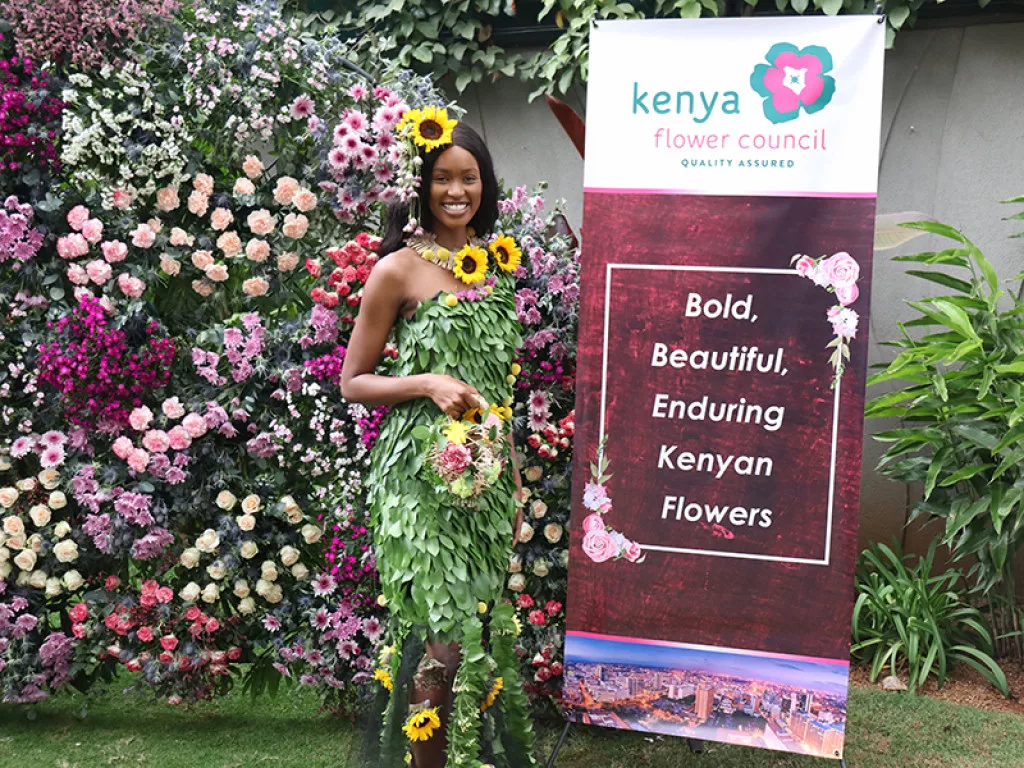
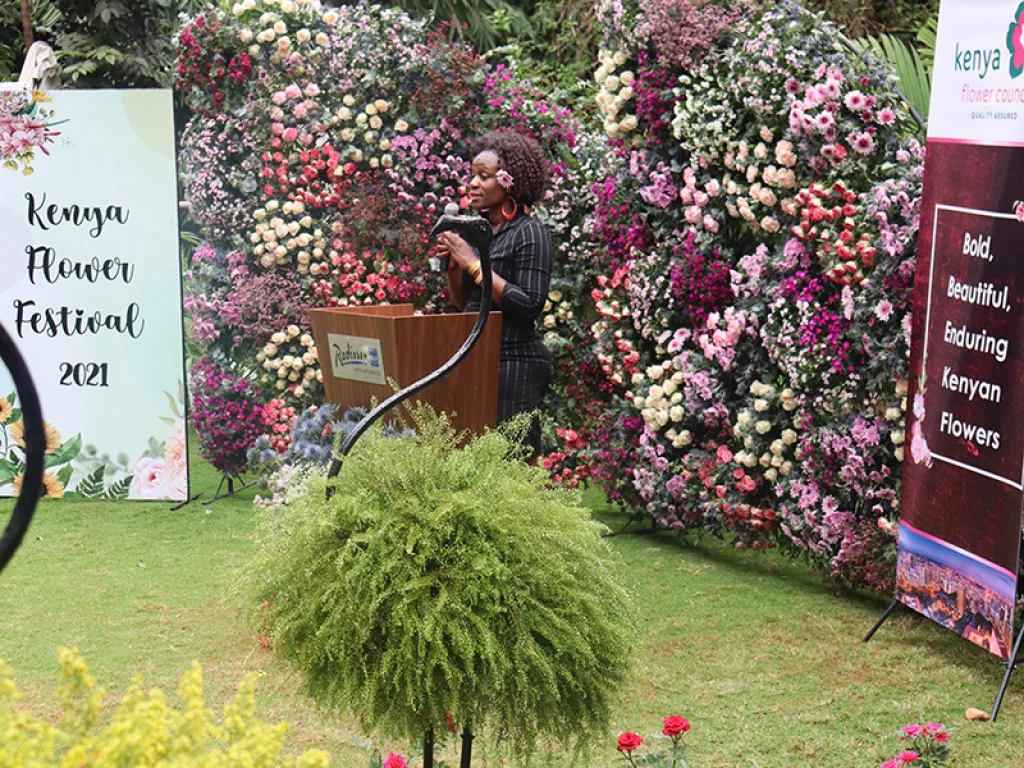
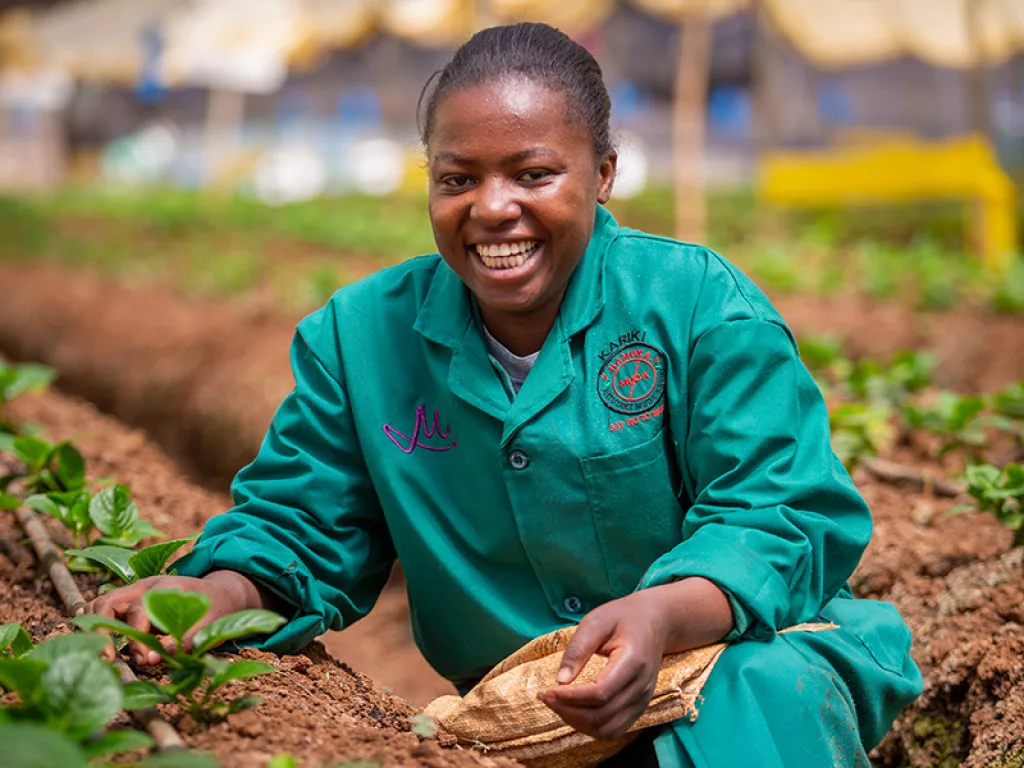
Since inception, how has the Kenya Flower Council developed in terms of its objectives?
CT: Since the beginning, there has been a push to demonstrate how responsible we are as a sector. We are an industry that can get a lot of criticism as far as environmental and workers issues are concerned. This entails environmental management, within our sector, and also how we manage social issues concerning wages, workers’ welfare, freedom of association and workers safety – everything to do with the people that we work with, including the communities around the farms. As a result, the association educates both the producers on what to do and the market on what we are doing.
As a standalone association, we represent the growers, exporters, and investors in the cut flowers and ornamentals sector. We also ensure that they adhere to a strict level of compliance that demonstrates how ethical and responsible we are in our activities. We have been developing and implementing this standard since our foundation in 1996. This is known as the Flowers and Ornamentals Sustainability Standard (FOSS).
Our membership has now grown to the extent that we represent 90 percent of Kenya’s growers and exporters of cut flowers. We remain a voluntary association and by no means do we force anyone to become one of our members, but many people want to associate with us because of the value that we bring to their business.
We address all the issues concerning growers and exporters, including improving their capacity, supporting them in all matters of compliance, and showing how responsible we are in terms of how we conduct our business. We help to manage all factors of production, including water, energy, chemicals, and fertiliser. We work closely with government and other local institutions to link them to the market, negotiate with them on trade and help them to understand what compliance regulations are needed. We manage almost the entire supply chain, right from building the capacity of our growers all the way to the market. We also represent the members and the industry in engagement with government, regulating bodies and a myriad of other stakeholders.
It’s a role that we are pleased to do and one that is as necessary today as it was in 1996. We have remained extremely relevant. We were founded with just six members, but today we boast over 140 growers of cut flowers, and we have close to 80 members who support our sector in terms of services and goods.
With our audits and certifications, we have been benchmarked across many other internationally recognised standards, and we sit at an international level in almost all the other organisations that manage our business.
“We always say that the Dutch discovered how to grow flowers, but Kenyans have perfected the art”
Clement Tulezi, CEO, Kenya Flower Council
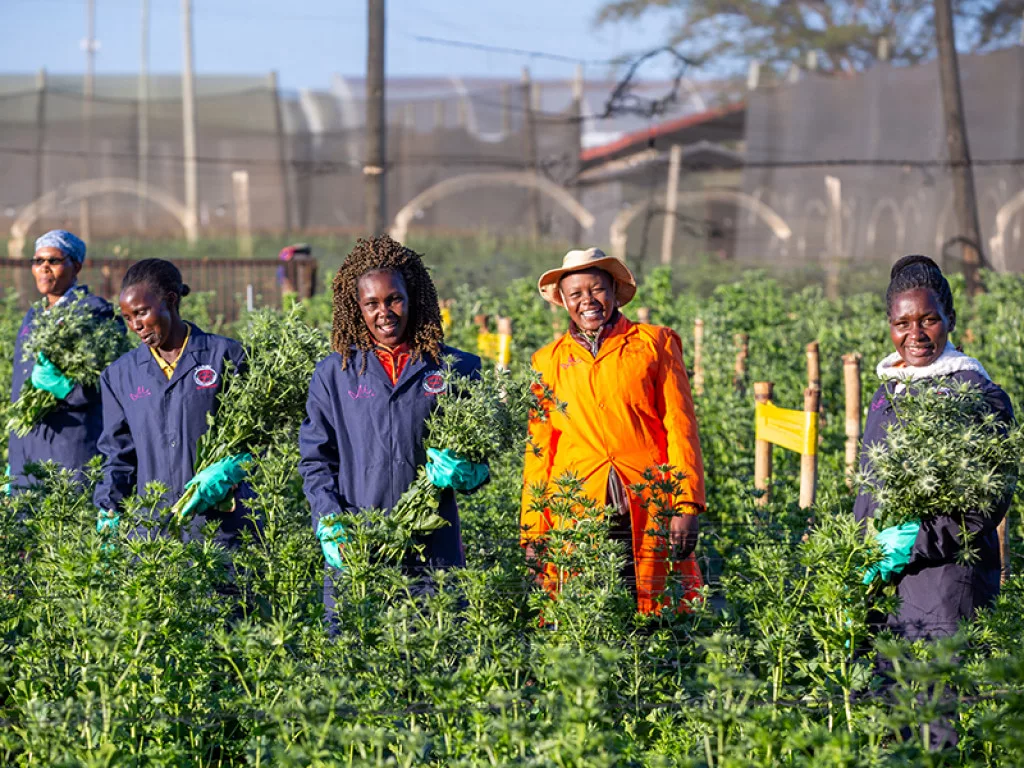
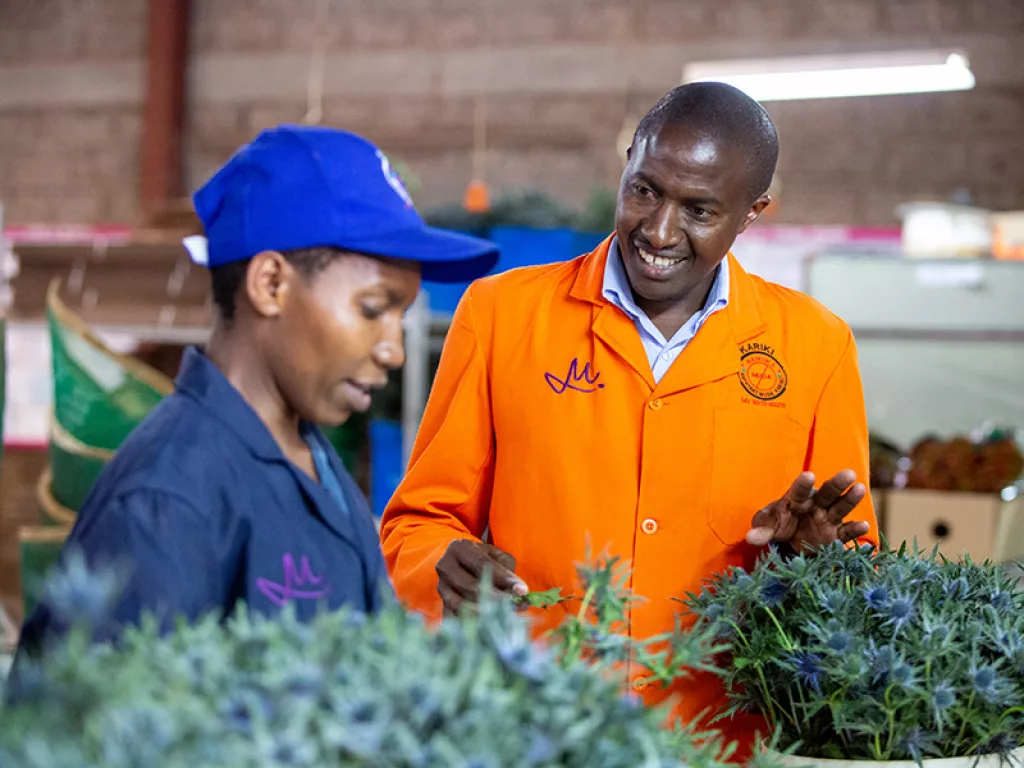
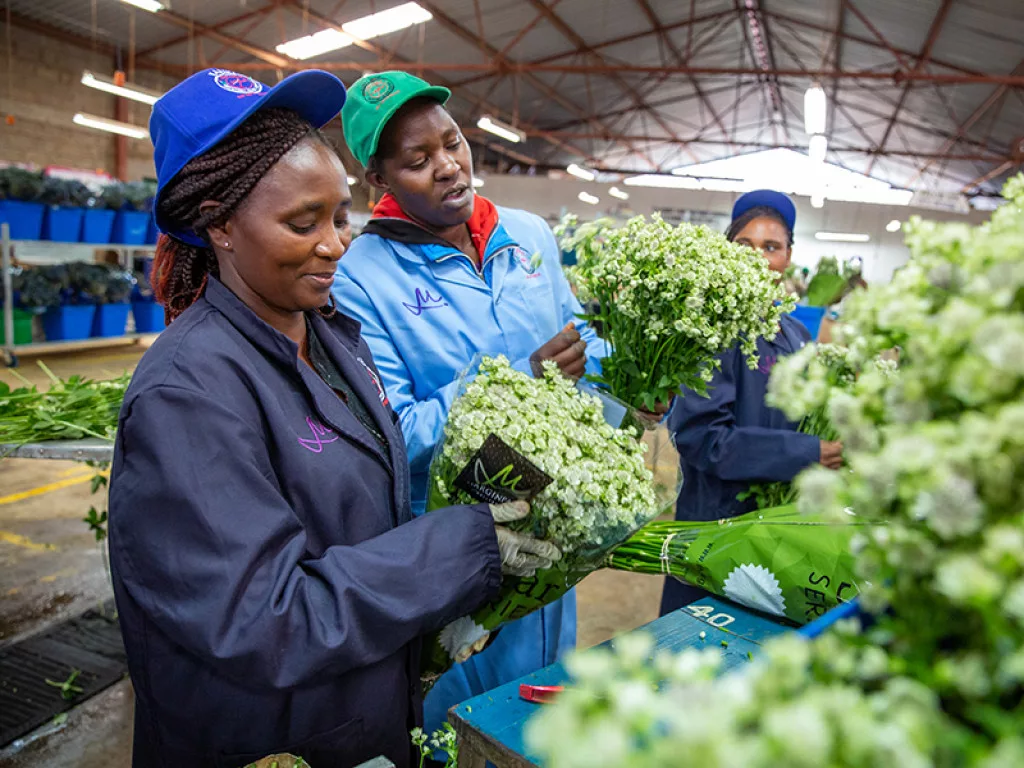
What do you find most exciting about Kenya’s floriculture industry?
CT: Through the role that we play, we foster and enable Kenya to continue to be on the world map as a major producer of cut flowers and ornamentals. We have grown, and we are now one of the top three producers of cut flowers and ornamentals in the world. We have improved a lot in the cold chain systems, meaning that we are able to maintain temperatures that ensure our product arrives on the market as fresh as it would on the farm.
We have truly moved in great strides. We take particular pride in our human resources. Even in Rwanda, Tanzania, or Ethiopia, you will find the majority of flower farm managers are Kenyans. We take pride in the skills that we have been able to hone and cultivate within the industry and that has come with a lot of innovation.
We are extremely innovative in terms of how we manage our resources, particularly around our skills in agronomy and how we are now managing our water resources. Since the industry uses a lot of water, we are now using innovative ways to harness and manage this resource, including harvesting it from the rain. We then recycle this water to ensure there is as little waste as possible. In terms of energy, most flower farms now run on solar and geothermal power during the day. We are also doing a lot of research into alternative fertilisers, using natural composites rather than chemicals, and incorporating integrated pest management systems.
What are the council’s priorities for the years ahead?
CT: We are now moving into sea freight with many ongoing projects in this area. This will be a real gamechanger for the industry. We may overcome the constraints associated with air freight. This will also help to reduce our carbon emissions. Our vision is that by 2030, we will be able to move 50 percent of our flowers by sea. The industry is working on a number of experiments, trials and pilots. Largely, it’s been successful.
In Kenya, we are among one of the best paying sectors. I think this is because of the standards that we have initiated through KFC, since all our growers and exporters must comply. Therefore, when it comes to wages and workers’ welfare, we are way ahead of many other sectors.
We have some support from government in terms of regulation, but we have remained solid operating as one under KFC and because of that we have grown tremendously. Yes, we have many challenges, but we have continued to grow every year. We are currently among the top four sectors in Kenya in terms of the foreign exchange that we bring in, so, we have a lot of pride in what we do. We don’t just look at the short term; we have a strategic plan and a long-term view of where are going – for the next 20 years. Despite the challenges that we have, whether local or international, we will believe we can continue to survive and grow.



